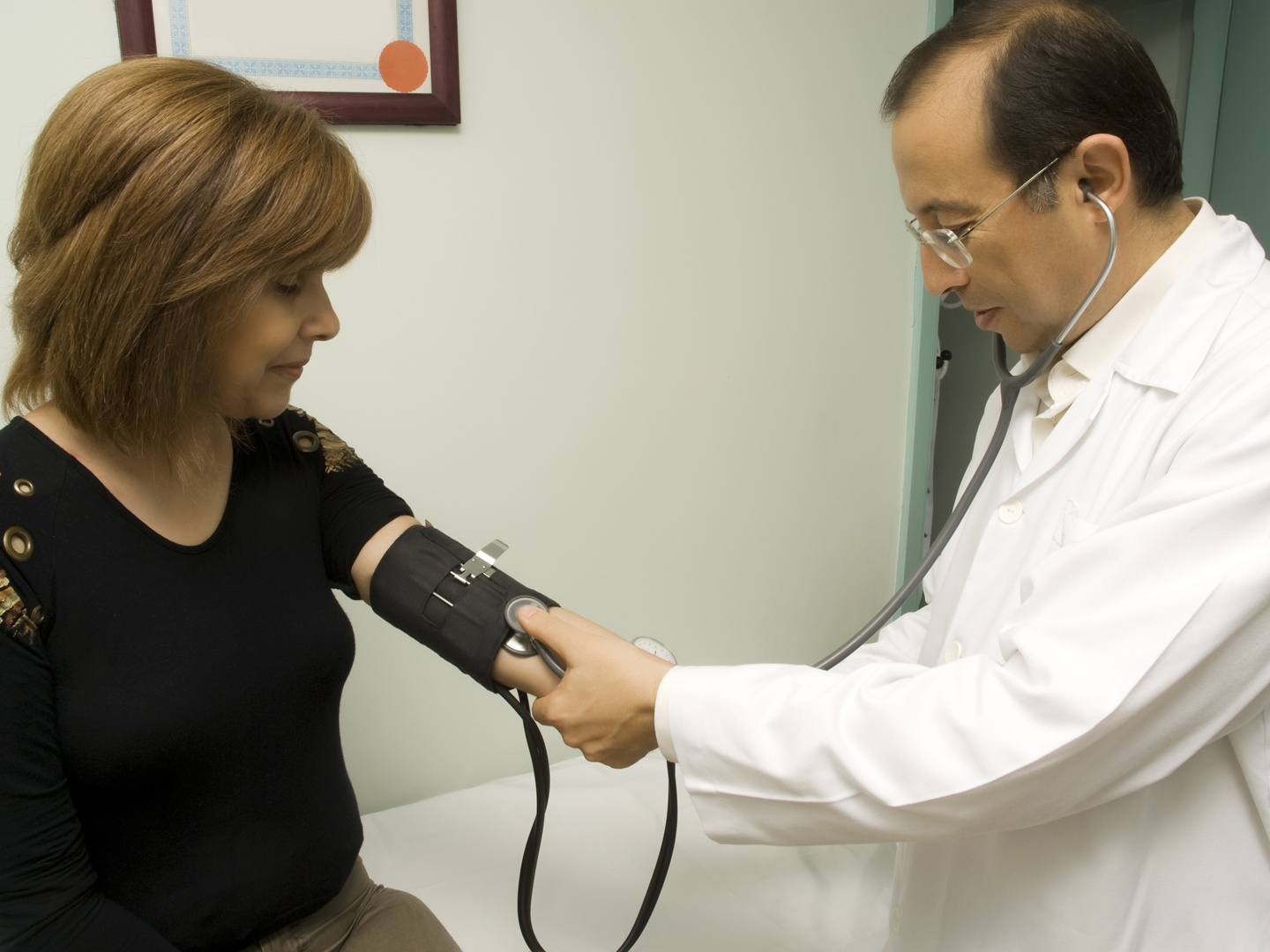Do I Need Thyroid Supplements With Longterm Lithium Use?
I have been taking lithium since I was 35. I am now 49. I hope there are no side effects as a result of long time use as I am on it for life. Any suggestions?
Andrew Weil, M.D. | January 31, 2007

Lithium has been used to treat bipolar disorder (manic-depression) since 1970. It evens out the highs and lows of the disorder and, sometimes, is prescribed for unipolar depression when other drugs don’t work.
The use of lithium long-term can affect the thyroid, leading to low levels of thyroid hormone production. This can be treated with thyroid supplements. The other known long-term risk is kidney damage, but this is rare. Your physician undoubtedly tests your blood regularly to make sure that your blood levels of lithium are safe and effective. Chances of side effects are greatest when blood levels of the drug are too high. Some patients also experience an increased appetite and gain weight while on lithium, so be careful about extra calories if your weight is above normal.
Never discontinue taking lithium, even when you feel good (that’s what the drug is supposed to do for you). But you may be able to lower your dose and thus reduce the risk of side effects by increasing your consumption of omega-3 fatty acids (fish oil). Research published in 1999 in the Archives of General Psychiatry suggested that high doses of omega-3s can help stabilize the moods of people with bipolar disorder (although it didn’t directly address the question of whether patients might reduce their medication). More studies aimed at confirming those findings are underway and may tell us more about the benefits of fish oil among bipolar patients.
You can increase your omega-3 levels by eating more wild Alaskan salmon, herring, and sardines. You also can take supplements (and probably will have to) in order to get the recommended daily amounts of omega-3s to improve bipolar disorder.
Look for products that have a high rating from International Fish Oil Standards (IFOS), a Canadian organization that assesses the purity of commercial fish oil supplements. You will need five to nine grams of a fish oil product that provides both EPA and DHA, preferably in a 3 or 4 to 1 ratio.
For a list of IFOS-recommended fish oils visit the Web site of the International Fish Oil Standards.
Andrew Weil, M.D.
Dr. Weil’s expertise extends far beyond thyroid supplements. Browse the site for answers to all your health and lifestyle questions.


















